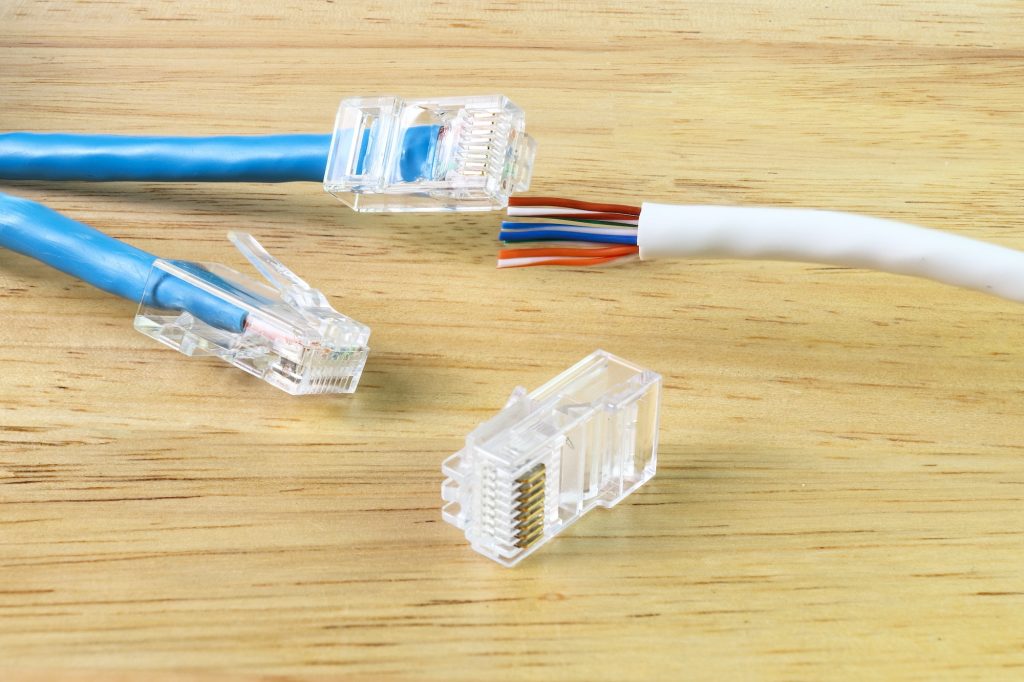
































As President Joe Biden's ambitious plan to ensure nationwide internet access by 2030 hinges on affordability, the fate of the Affordable Connectivity Program (ACP) is increasingly uncertain. The ACP, designed to reduce broadband costs for low-income households, is set to expire next year. This program offers monthly subsidies from$30 to$75 to help eligible households pay for internet connections.
While the ACP has been valuable for many individuals, it has not reached its full potential, according to an Associated Press analysis. Less than 40% of eligible households have taken advantage of the program.
The future of the ACP is uncertain due to the projected depletion of its primary funding source of$14.2 billion by mid-2024. Its expiration could hinder the Biden administration's efforts to ensure connectivity for those who need it most. Advocacy groups are urging Congress to extend the program, recognizing its success and potential. The program began during the pandemic and has grown from serving 9 million households initially to approximately 20.4 million households currently.
The potential expiration of the ACP raises concerns about the relationship between consumers and internet service providers and the success of broader plans to expand national broadband access.
Why does it matter?
The ACP's affordability provisions have been crucial for bridging the digital divide. As highlighted by the Associated Press, its expiration could undermine the administration's ambitious goals and the promise of universal connectivity. It could also erode public trust in government initiatives addressing pressing issues. Given that the digital divide is a complex issue with no quick solutions, discontinuing programs that have managed to make progress could lead to significant long-term consequences.
 Tags quentes :
Desenvolvimento de capacidades
Desenvolvimento
Tags quentes :
Desenvolvimento de capacidades
Desenvolvimento